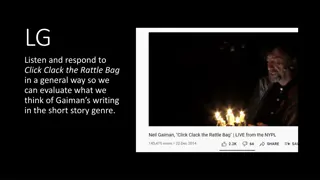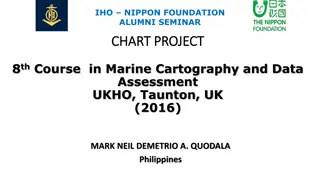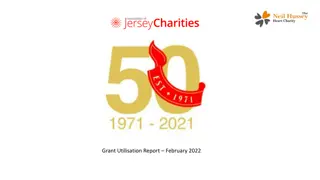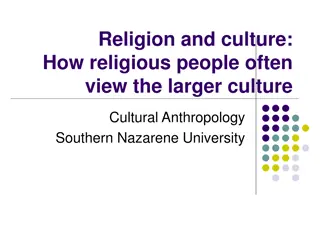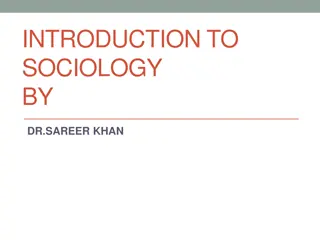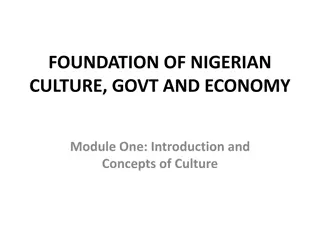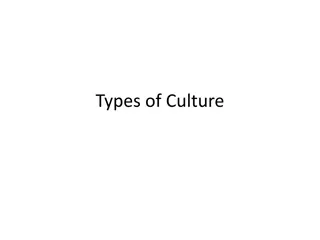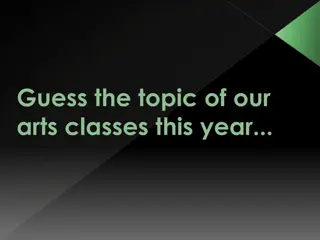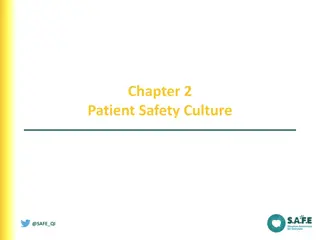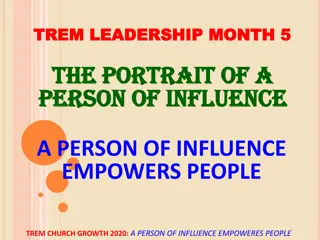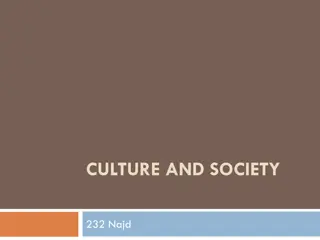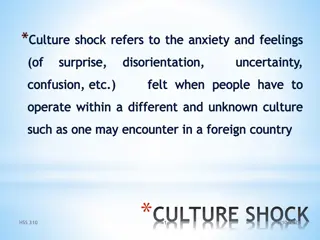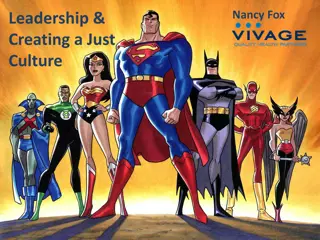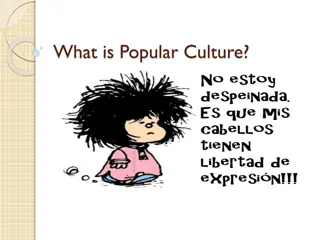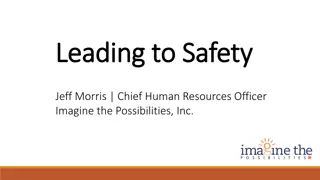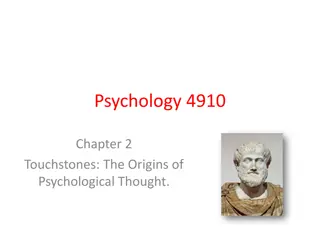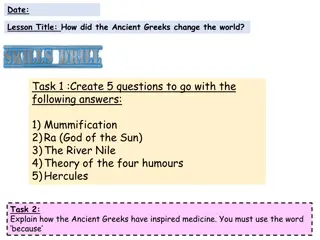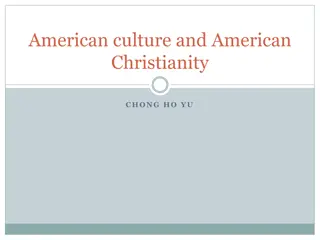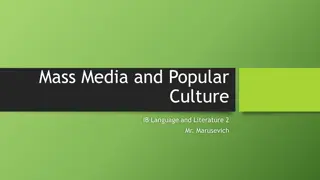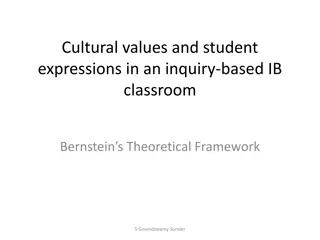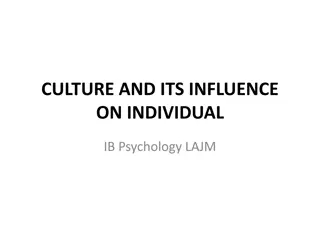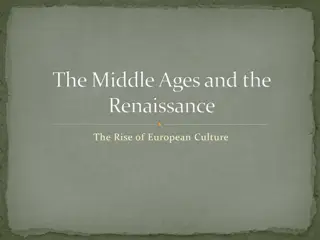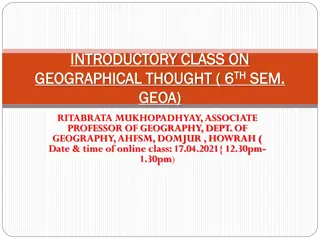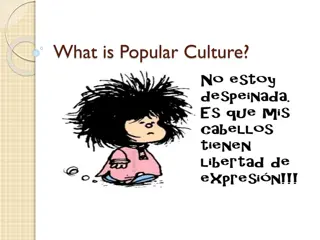Influence of Neil Postman in Modern Thought and Culture
This text delves into Neil Postman's views on parody's co-optation, media superficiality, and the lack of curiosity in modern journalism. It highlights how Postman's work remains relevant today and how current writers and thinkers cite him as a crucial figure in understanding the impact of technology on society. Jaron Lanier's perspective on information overload and the tech world's focus on the present also adds depth to the discussion. The influence of melodramatic conventions on culture is briefly touched upon, showcasing the diverse topics covered in the content.
Download Presentation

Please find below an Image/Link to download the presentation.
The content on the website is provided AS IS for your information and personal use only. It may not be sold, licensed, or shared on other websites without obtaining consent from the author. Download presentation by click this link. If you encounter any issues during the download, it is possible that the publisher has removed the file from their server.
E N D
Presentation Transcript
Postmans view on Parodys Co-optation The act of criticism itself would eventually be co-opted by Television The parodists would become celebrities, star in movies and would end up making TV commercials.
Matt Bai (political journalist) Read Amusing Ourselves to Death while trying to figure out how the press and media became obsessed with superficiality beginning in the 80s. Claims Postman s work almost seems too prescient Bai observes a lack of broader curiosity about the world in his younger colleagues
Journalists have to file stories 12 times a day They don t read novels or history Postman is a victim of the world he predicted (meaning, people aren t looking at his work even though it may be more relevant than other more well known Communications critics like McLuhan) What s the point of knowing what happened in 1980? It s hard to get a sense of what s lost until until you know what it is
Other Current Writers who cite Postman as an influence Astra Taylor, a documentary filmmaker and Occupy activist, turned to his books while she was plotting out what became The People s Platform: Taking Back Power and Culture in the Digital Age. Douglas Rushkoff a media theorist whose book Present Shock: When Everything Happens Now, is one of the most lucid guides to our bewildering age is indebted to his work. Michael Harris recent The End of Absence Jaron Lanier ( Who Owns the Future? ) who s simultaneously a critic and tech-world insider, sees Postman as an essential figure whose work becomes more crucial every year. Sherry Turkle: MIT professor and author of Alone Together: Why We Expect More From Technology and Less From Each Other,
Jaron Lanier If you feel like all information is available, you know less and your thinking becomes narrower The tech world is fairly history free, so rarely historical texts come up. In Silicon Valley there is only the present and the present s ideas about the future. Whoever s alive now knows best He argues It s easier to get information than ever before, but people are much less informed.
Melodramatic Conventions and their Effect on Culture To repeat we are not taking about the less respected, and antiquated conventions of melodrama Recognition of good and evil and in that the recognition the utopian hope that justice will be done
Blockbuster Films Pathos of the suffering victim turned righteous action hero is the convention of the contemporary popular melodrama
Melodramatic Imagination Conquest of the West Invasion of other Countries We imagine ourselves as suffering at the hand of villainous others Or more prevalent at the end of the Viet-Nam era we are forced to see ourselves as the villains As long as we can portray ourselves as victims we seem to morally deserve to conquer and invade
(Melodramatic sense of justice) Many times the heroes occupy the position originally occupied by the injurer
The Wire recognizes, but does not always show institutional routes to good Enlists a form of realism to generate outrage against realities that could and should (according to its creators) be changed
Ressentiment is a sense of hostility directed at that which one identifies as the cause of one's frustration, that is, an assignment of blame for one's frustration. If I suffer, self-righteousness contends, that I am good and deserve to triumph Is melodrama condemned only to repeat these patterns of personal injury, suffering and vindication?
Is melodrama itself the problem as greater portions of the modern imagination have been given over to its influence? Matthew Buckley asks whether melodrama s affective structures and sensational effects have become by now a normative form of feeling and thought
In a variety of contexts it reassures an individual group of its inherent virtue as well as the villainy of those who threaten us left melodrama melodrama that particularly works in the American context towards social justice War on Terror American freedom was attached by a villainous other and the response to that attack ironically increased state power.
Linda Williams asks if there could be a less self righteous melodrama less dependent on wild swings between pathos and action, less a matter of cycles of victimization and retributive violence Can we reach beyond personal good or evil to determinations of better justice?
The Wire Breaks some not all of the pervasive forms of melodramatic thinking The seriality of The Wire and the blurring of the lines between good and evil showing multiple sites Its central dilemma is that good is no-longer self evident in a neo-liberal world The drama, the realism, and the tragic situations
The Mode of Melodrama still Holds us in its Grip! Melodrama is a central form of communication (poetics of modern life according to Peter Brooks) Inextricable from popular media It should be part of our modern vocabulary We should be able to complain about it when its archaic qualities persist
We should also appreciate it when it evolves into something new (As in the case of The Wire) It can be a tool with which mass culture makes a case for some kind of justice (not just a way of forming simplistic views of good and evil sufferer and villain) Validates aspirations of a liberal democracy in a neo-liberal era





